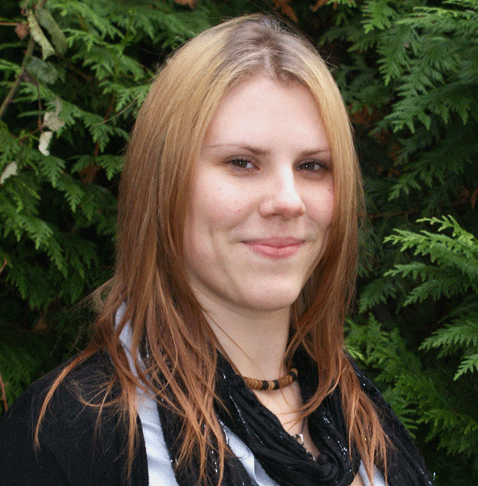 The IEAGHG team managed to catch up with Jerry Blackford (Plymouth Marine laboratory) at GHGT-12. Here are his thoughts on the conference at the end of Day 1...
The IEAGHG team managed to catch up with Jerry Blackford (Plymouth Marine laboratory) at GHGT-12. Here are his thoughts on the conference at the end of Day 1...
Jerry started by expressing how vast he thought GHGT-12 is and how it is extremely interesting and quite an experience. As someone doing research into a marginal area of the CCS landscape (impacts and monitoring if there were a leakage), he almost sees himself as an outsider but it’s fascinating to see the breadth of research that is being undertaken in each sector. It’s an eye opener and shows you just how complicated – but crucial – CCS actually is.
He also said that he is looking forward to actually being able to visit the city of Austin and the first thing he noted upon his arrival was how hot it is here; certainly very different to back home in the UK at this time of year! He said it was great to see how well organised the conference appears to be and to see old faces again. It’s a fantastic place to catch up with what is going on – he is here specifically because of current successes in the area which are hugely encouraging and that things back in the UK too are also moving forward.
He described how he really appreciated being able to get his work exposed to such a wide audience of stakeholders – he loves being able to get the word out there and ensure the activities he is doing are useful for researchers. Jerry remarked that by attending GHGT-12 he can learn about progress and new findings in similar areas of reaseach that he is involved in, and also identify what links can be drawn between research and researchers.
Evern though it was only Day 1, Jerry noted a couple of things he was already encouraged by, including the SaskPower switch on which is very notable and the progress of the FEED projects in the UK. He ended by saying how he thinks these projects definitely give the whole area off CCS a real positive momentum and perhaps gives the field somthing to aim for.
Don’t forget to check out Jerry’s Quantifying and Monitoring Potential Ecosystem Impacts of Geological Carbon Storage (QICS) project, which is a world first experiment on a controlled sub-seabed CO2 leak, and which was published in Nature Climate Change recently. This demonstrates minimal environmental impact and rapid recovery. You can find it here: http://www.sams.ac.uk/news-room/news-items/CCS-leaks-impact-small-recovery-rapid


